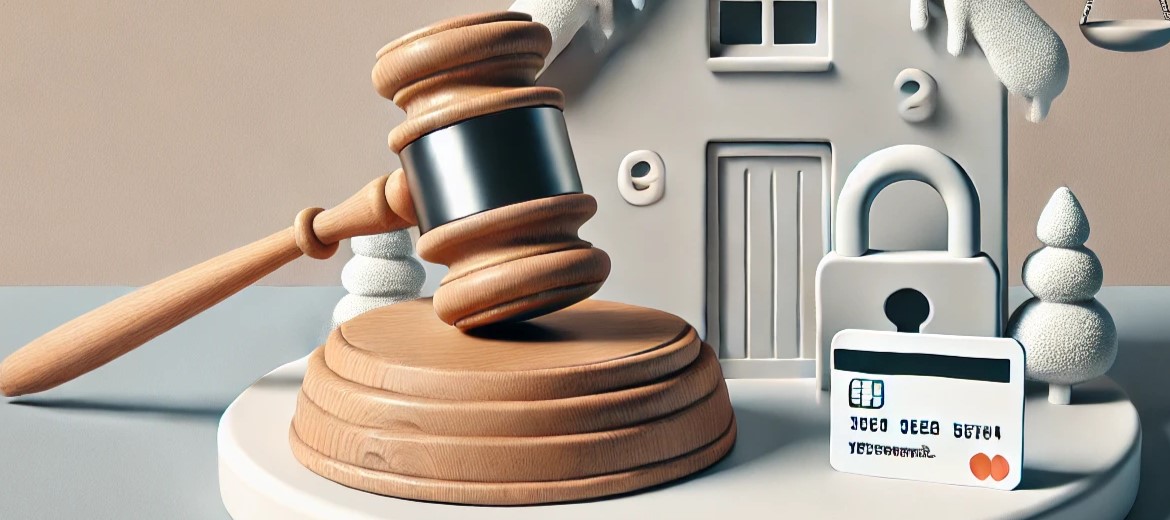Every entrepreneur eventually encounters clients who fail to pay their invoices. Especially when large amounts are involved, it’s crucial to act quickly and effectively. One of the most powerful legal tools to protect your claim is prejudgment attachment (in Dutch: conservatoir beslag). In this blog, you’ll learn everything you need to know about prejudgment attachment, how to secure your position, and how to recover outstanding debts.
What is prejudgment attachment?
Prejudgment attachment is a legal measure that allows you to temporarily seize the assets or property of your debtor. This prevents those assets from being moved or hidden before a court ruling is made. Attachment can be placed on bank accounts, real estate, vehicles, inventory, or even shares. The main goal is to create security: if you win the case, there will be assets to claim your receivable from.
How does prejudgment attachment work?
The process begins with filing a petition with the court through a lawyer. In it, you explain why you want to initiate attachment and state the amount of your claim. The court usually reviews this request within a few days — or even faster in urgent situations.
Once the judge approves the petition, a bailiff is instructed to execute the attachment. The debtor is officially notified, and the specified assets or accounts are temporarily frozen. This prevents the debtor from making those assets unreachable for recovery.
Why acting quickly is crucial
Speed is everything when it comes to prejudgment attachment. The longer you wait, the higher the risk that the debtor’s assets will be moved, spent, or that they’ll go bankrupt. Particularly in situations with signs of financial trouble, fast action can mean the difference between recovery and complete loss.
A real-life example from CW & Partners: A client had a claim worth several hundred thousand euros against a well-known discount platform. We acted swiftly and initiated prejudgment attachment. As a result, over 50% of the claim was recovered just one week before the company went bankrupt. Without the attachment, the client would likely have recovered nothing.
Advantages of prejudgment attachment in debt collection
- Security: You ensure that assets are available for recovery.
- Pressure: Attachment significantly increases pressure on the debtor to pay or settle.
- Priority in bankruptcy: You may gain an advantageous position in bankruptcy proceedings if assets are already secured.
Risks and considerations
While powerful, prejudgment attachment does carry risks. If the court later rules that the attachment was unwarranted, you may be liable to compensate the debtor. That’s why it’s essential to assess the legal strength of your case in advance.
There are also costs involved, such as bailiff fees, court filing costs, and legal support. However, these are usually minor compared to the potential loss from an uncollected large claim.
When is prejudgment attachment a smart move?
Consider prejudgment attachment when:
- Large outstanding claims are at risk;
- Clients have a history of payment issues;
- Debtors fail to respond to reminders or demands;
- There’s a real risk of bankruptcy or asset concealment.
Prejudgment attachment and debt collection: work with a specialist
Executing a prejudgment attachment is legally complex and requires precise preparation. At CW & Partners, we specialize in debt collection, attachment procedures, and securing legal claims. We assist companies daily with drafting petitions, instructing bailiffs, and navigating effective legal strategies.
Thanks to our experience and speed, we maximize your chances of recovery and minimize the risk of bad debt.
Conclusion
Prejudgment attachment is a powerful legal remedy that strengthens your position as a creditor. By acting early and decisively, you avoid being left empty-handed in cases of non-payment or bankruptcy.
Want to know if prejudgment attachment applies to your situation or have questions about corporate debt recovery? Get in touch with CW & Partners — we’re ready to help you quickly, professionally, and with clear results.

